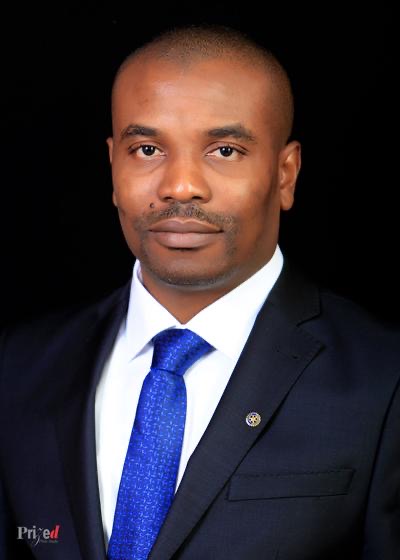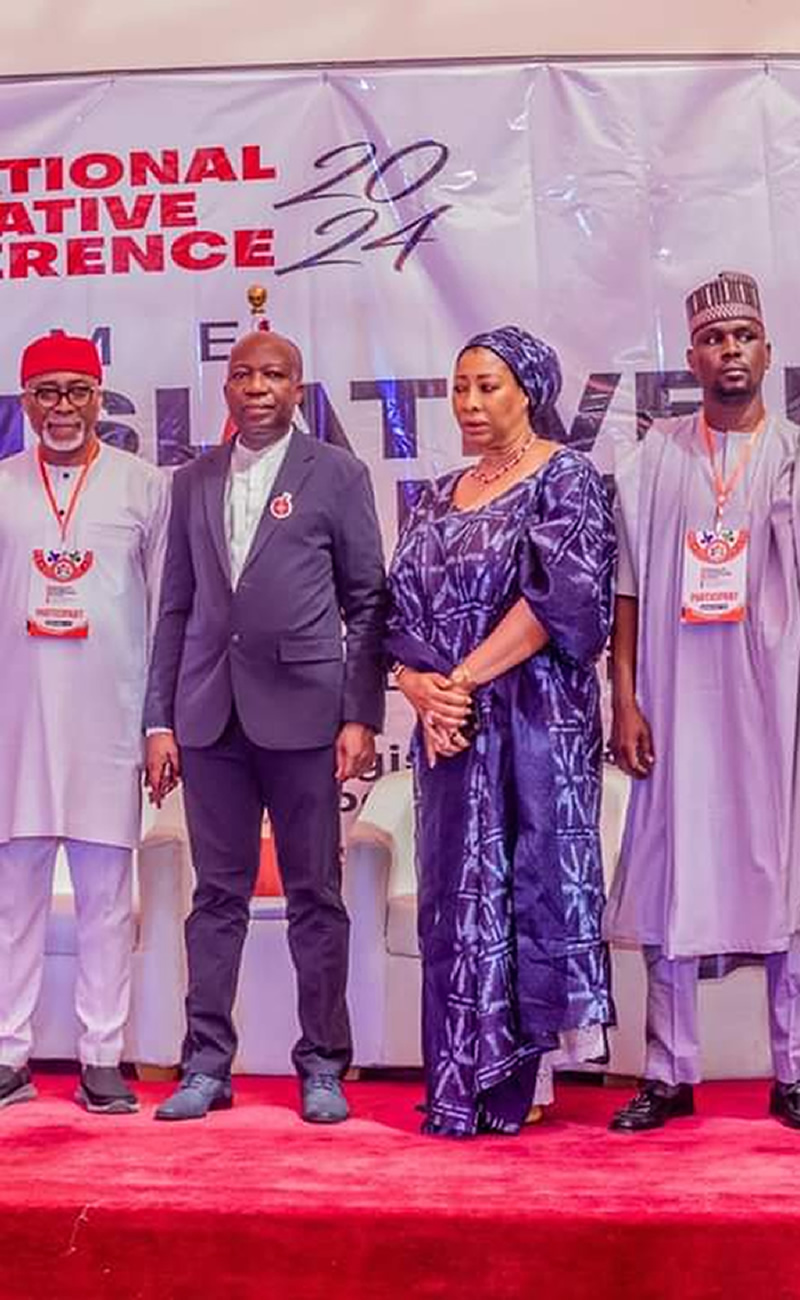Two significant events pulled the world in opposite poles this week. While one speaks to strength, the other expresses extreme enervation. One trumps triumph. Another, drums defeat.
It was a week in which humanity was humbled to total submission and admission of ultimate weakness. Images streaming from Turkey and Syria succinctly stress the bizarre helplessness of mortality faced with the sleight hand of an immortal controller. The world woke up on Monday to news of devastating earthquakes in the coterminous borders of both countries. Fathers, mothers, sons and daughters. Aunts, uncles, cousins, nieces and nephews. Adults, teenagers, toddlers, infants and new-borns. Flesh and blood who went to bed cuddled in the warmth of filial bonds the night before were rudely awakened to sudden devastation. Some hurried to immediate death. Others queued to suffer the anguish of incremental demise. Those still possibly hanging on to life under collapsed buildings, broken blocks and mangled beams are buffeted by the freezing winter wind. It may be that hell hath no fury like a woman scorned. But what manner of scorn could have called this fury of mother earth on the Turkish and Syrian side of life? One victim of the earthquake interviewed on television described the sad event as a war with God. And in a battle with the immortal what can mere mortals do?
Well, the world has since wakened to do what it can. Although access barriers has made Turkey a far bigger beneficiary of global support than Syrian, no fewer than 50 countries are reported to be sending support of different kinds. Charities and international non-governmental organizations are not left out. Search and rescue professionals joining beleagued and overstretched teams on ground; humanitarian and aid workers mobilizing supplies of basics like blankets, water and food; and medics scampering to relieve tired colleagues in overfilled hospitals and contrived centres for A & E. Yet the death toll continues to rise. Over 24,000 lives have been reported lost as at time of writing this. There are still thousands trapped bodies under rubbles. And a combination of factors, including inclement weather conditions, overwhelmed emergency preparedness, lack or inadequacy of suitable earth-moving equipment, and a subsisting civil war in Syria has led to fears that the death toll from this disaster will surpass the over 33,000 recorded in the Erzincan earthquake which hit Turkey in 1939.
Sadly, the hope of finding survivors continue to dim faster and faster with each passing minute. But it is not completely extinguished. Some soul-lifting stories of survival have kept the thin thread of hope alive. Like baby Aya’s astounding severance from the umbilical cord under the rubbles in north-west Syria. Unfortunately, her brave mother perished. So was her father and four siblings. Fortunately, instead of being the orphan and lone soul of a family nucleus erased from earth, this miracle baby (true to her Arabic name) has become an instant celebrity which the world now coverts as a collective treasure. Stories like this and others which the hard-pressed bravery of desperate rescuers, aided by no more than cudgels and crude work tools in some instances, have further inspired the spirited solidarity and support for the quake victims in Turkey and Syria.
But it is a different sort of inspiration that powered the shuttle diplomacy embarked on by Volodymyr Zelenskyy to Europe this week. The embattled President of Ukraine made unscheduled visits to London and Brussels with what turned out to be very clear intentions: appreciate allies for standing with his country so far and rally more support going forward. The trip happened just days before the first anniversary of the Russian invasion and weeks after Germany and other European allies had agreed to send Leopard tanks to bolster the military capacity of the Eastern European nation. It also came at a time when Moscow was unrelenting in the atrocious campaign, especially the targeting of non-combatant locations and critical infrastructure in Kyiv and other Ukrainian cities in a move to weaken broad-based citizen support which Mr. Zelenskyy continues to enjoy.
In London, he enjoyed a heroic reception and commanded the full attention of both the Crown and His Majesty’s Government. Received at the airport by Prime Minister Rishi Sunak, the visiting president was driven in a motorcade to 10 Downing Street. His next port of call was the historic Westminster Hall where the full complement of Parliament, including the array of members of the House of Commons and the Lords, was waiting to welcome the admired commander-in-chief of the Ukrainian armed forces. In pin-drop silence and stillness they listened; only interrupted by spontaneous applause and the warmth of their lit gazes. Zelenskyy, dressed as always in his combat-styled simple outfit, did not miss the moments. His mostly written speech appealed to the typical British psyche as he weaved through a controlled oratory allowed by his second-language knowledge of English. He brought Kyiv to London and took London to Kyiv in instantaneous connections of shared history, aspirations, traditions and even tea. He then delivered a very telling memento to the Speaker of the Commons – the helmet of a Ukrainian fighter pilot with the handwritten words “we have freedom, give us wings to protect it.” That greatly telling gesture was choreographed to happen just moments after Zelenskyy’s romantic mention of King Charles’ stint at the Airforce. He had nailed it! The plea for Britain to assist Ukraine with fighter jets could not have been expressed any better or stronger.
But while the Ukrainian president is seeking to protect an anticipated freedom, the dead from earth’s fury in Turkey and Syrian have been ushered, albeit violently, into the hall of eternal freedom.



